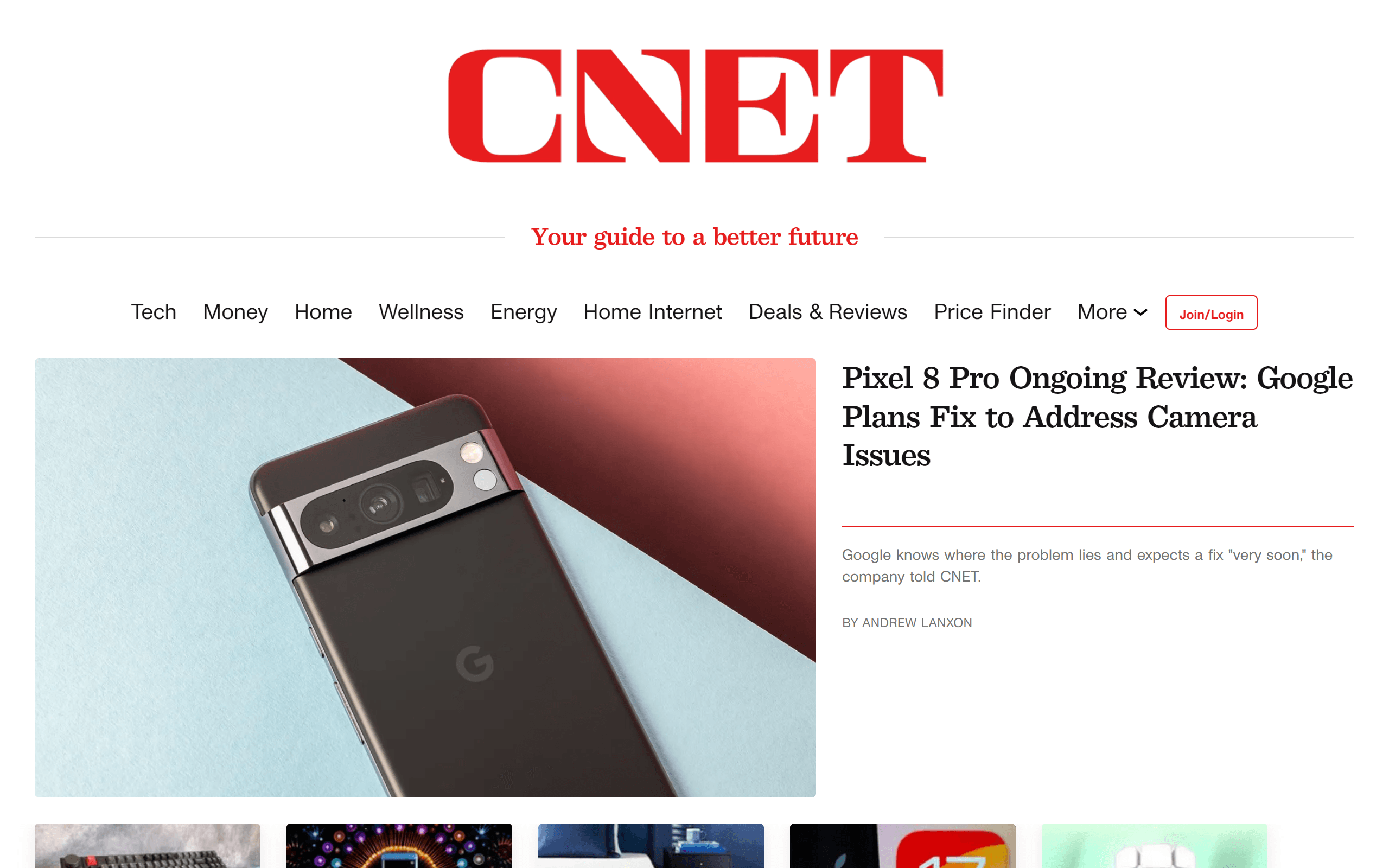The Best tech blog: Your Necessary Overview to Browsing the Digital World
The Best tech blog: Your Necessary Overview to Browsing the Digital World
Blog Article
How Blockchain Technology Is Revolutionizing Information Safety And Security
Blockchain innovation is fundamentally altering the landscape of data safety and security by presenting a decentralized framework that guarantees improved transparency and resilience. Unlike standard systems, which count on centralized information repositories, blockchain disperses information throughout a network, minimizing vulnerabilities and single factors of failure. The usage of sophisticated cryptographic techniques guarantees that information continues to be tamper-proof, promoting depend on among stakeholders and individuals.
The Fundamentals of Blockchain
Blockchain innovation, an innovative principle in digital information administration, essentially changes how info is kept and protected. At its core, a blockchain is a distributed journal that records purchases across a network of computer systems, guaranteeing openness and immutability.
Trick to recognizing blockchain is the hashing procedure, which encrypts transaction information right into an unique alphanumeric code. This cryptographic function makes sure that any kind of modification in the transaction data causes a completely different hash, thereby guarding versus meddling. The consensus system, an additional crucial part, validates and confirms new purchases via a network of nodes, consequently eliminating the demand for a central authority.
Furthermore, blockchain's append-only structure makes sure that information, as soon as included, can not be removed or altered. This characteristic assurances a proven and long-term document of transactions, promoting count on among individuals. Therefore, blockchain supplies a durable structure for data honesty, using industries a reliable technique for tracking and handling digital info in a protected, clear way.
Decentralization and Safety And Security
Decentralization, a core concept of blockchain innovation, significantly improves data protection by distributing control throughout a network rather than counting on a single, centralized entity. By distributing data across many nodes, blockchain guarantees that even if one node is compromised, the entire network continues to be secure.

Additionally, decentralization encourages individuals with greater control over their information. Each participant in the network has accessibility to the entire blockchain, enabling them to validate and audit purchases separately. This openness cultivates trust among individuals, as they do not need to rely upon a central authority to make sure data integrity. In general, decentralization contributes in improving information protection in blockchain networks.

Cryptographic Strategies
At the heart of blockchain modern technology, cryptographic techniques play a crucial duty in guarding information, guaranteeing both confidentiality and stability. These methods are foundational to the blockchain's capability to firmly tape transactions in a decentralized manner. Cryptography in blockchain employs a combination of crooked and symmetrical formulas to secure information, making it obtainable only to licensed events - Best tech blog. Public and exclusive essential pairs are main to this procedure, allowing for safe verification and identification confirmation without revealing delicate info.
Hash functions are another vital component, changing input data into a fixed-size string of personalities, efficiently producing a special electronic finger print for each and every block. This ensures that any attempt to modify the information will certainly lead Get More Information to a completely various hash, thus keeping the immutability of the blockchain. Electronic trademarks confirm the authenticity and stability of transactions, providing a layer of non-repudiation.
The decentralized nature of blockchain, combined with durable cryptographic methods, eliminates the need for middlemans, minimizing potential vulnerabilities. As blockchain innovation evolves, innovations in cryptography such as zero-knowledge evidence and homomorphic security remain to improve safety and security procedures, further strengthening data additional reading security in this revolutionary electronic journal system.
Usage Situations Throughout Industries

In the medical care sector, blockchain guarantees the safe storage space and sharing of individual documents, promoting interoperability while protecting sensitive data from unauthorized access. This technology equips individuals with control over their medical background and facilitates smooth coordination amongst doctor.
Supply chain management advantages dramatically from blockchain's unalterable journal, which makes sure traceability and authenticity of products from beginning to customer. By enhancing transparency, blockchain aids reduce concerns such as counterfeiting and underhanded sourcing.
Furthermore, blockchain's decentralized nature is improving the power sector by making it possible for visit their website peer-to-peer power trading, where customers can buy and market excess renewable resource straight. This cultivates an extra effective and lasting power environment.
In the world of copyright, blockchain provides a tamper-proof system for designers to register and safeguard their jobs, ensuring rightful acknowledgment and reasonable payment. These diverse usage instances underline blockchain's role as a crucial force in redefining information protection across industries.
Future of Data Security
As we look to the future of data protection, blockchain innovation is poised to play a crucial duty in guarding electronic info. With its decentralized and unalterable attributes, blockchain uses a robust framework for protecting sensitive information versus unapproved access and cyber hazards. This technology guarantees that as soon as information is tape-recorded, it is virtually difficult to change without detection, hence providing a significant benefit over conventional information storage space techniques.
The assimilation of blockchain with other innovative modern technologies, such as expert system and the Internet of Things (IoT), is expected to improve data security strategies further. By leveraging smart agreements, organizations can automate and implement safety methods, decreasing human error and increasing effectiveness. In addition, blockchain's capability to give deducible and transparent purchases will certainly bolster count on and liability in data management practices.
As governing landscapes develop, blockchain's compliance-friendly nature will certainly end up being progressively appropriate. It can aid organizations fulfill rigorous information protection guidelines, such as the General Information Defense Law (GDPR) and the California Consumer Personal Privacy Act (CCPA), by providing verifiable documents of information processing activities. Inevitably, blockchain's special qualities setting it as a transformative device in the recurring pursuit to secure the electronic world versus ever-evolving cyber hazards.
Final Thought
Blockchain modern technology represents a paradigm shift in information safety and security by leveraging decentralization and cryptographic methods to enhance transparency, trust fund, and information integrity. As cyber dangers develop, blockchain arises as a crucial device for robust information defense throughout different industries.
Blockchain modern technology is basically changing the landscape of data protection by presenting a decentralized structure that guarantees enhanced transparency and strength. Unlike traditional systems, which rely on central information databases, blockchain disperses information throughout a network, decreasing vulnerabilities and single factors of failure.Decentralization, a core concept of blockchain modern technology, considerably enhances data protection by distributing control throughout a network rather than relying on a singular, central entity.At the heart of blockchain modern technology, cryptographic methods play a critical duty in guarding information, making sure both confidentiality and stability.Blockchain innovation stands for a paradigm change in information security by leveraging decentralization and cryptographic strategies to improve openness, count on, and data integrity.
Report this page